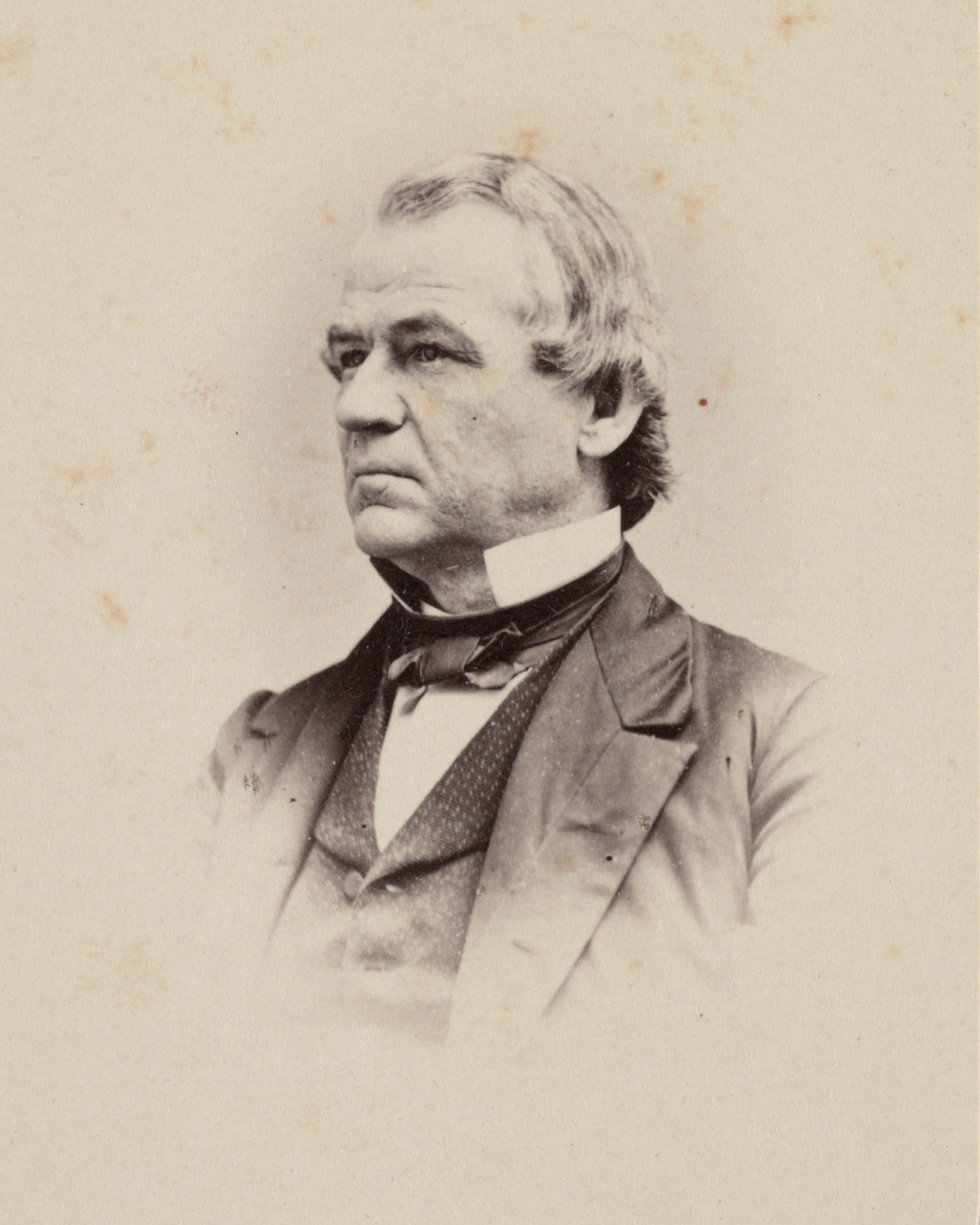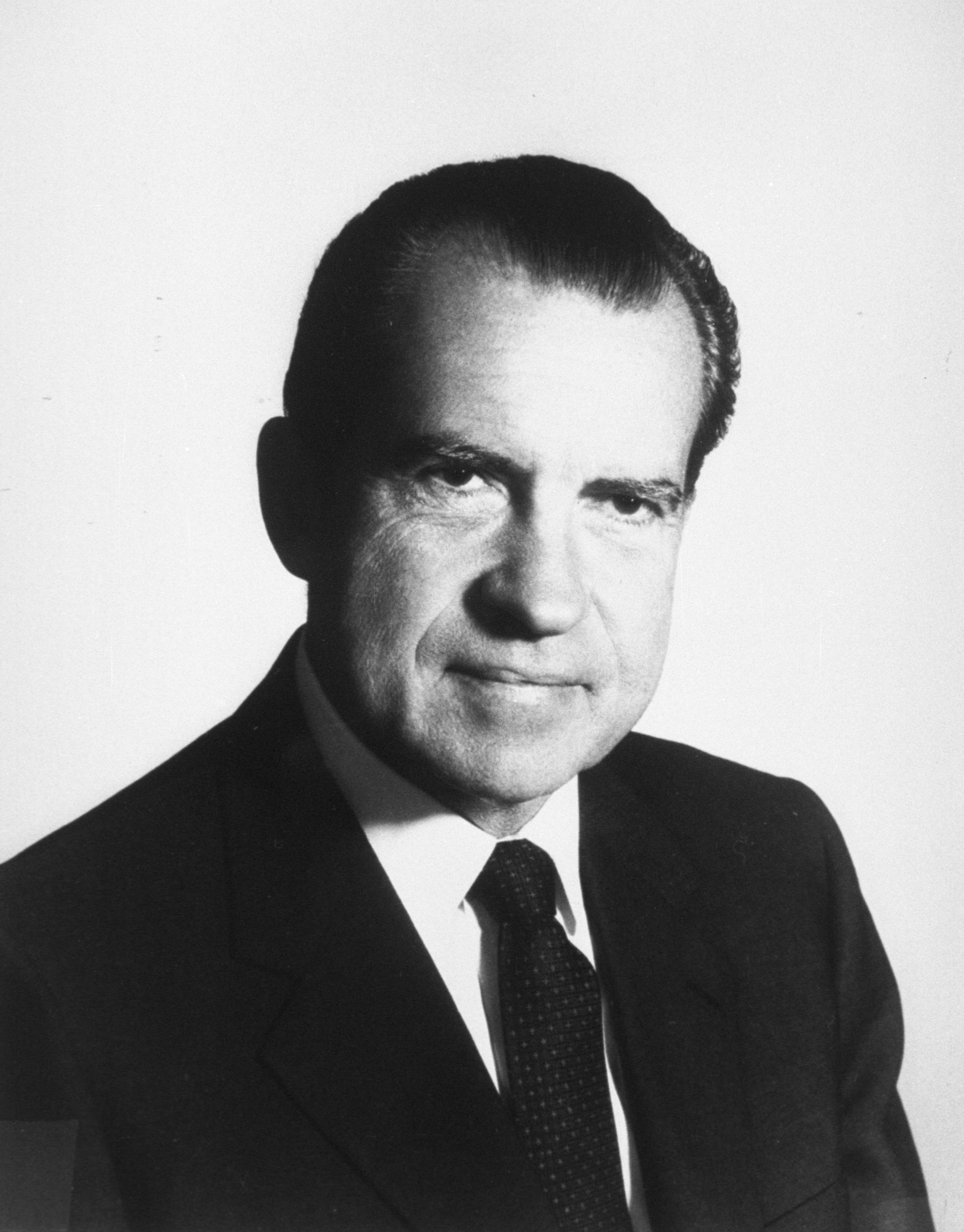Which U.S. presidents have faced impeachment?
During the week of Feb. 8, Donald Trump’s historic second impeachment trial will begin in the U.S. Senate.
In late 2019, Trump became the third American president to be impeached by the U.S. House. He was acquitted in February 2020 by the GOP-controlled Senate of two counts of impeachment: abuse of power and obstruction of Congress.
Only hours before he was set to leave the Oval Office earlier this month, Trump became the first American president to be impeached twice. House Democrats again impeached him, this time on a single charge of “inciting an insurrection.”
The potential second impeachment of Trump denotes an anomaly. Out of more than 230 years of American presidents, there have only been rare occasions of those leaders facing impeachment.
Trump’s impeachment inquiry progressed last year with the House of Representatives voting 232-196 in favor of setting rules for the previous impeachment inquiry against Trump. He was later acquitted of those charges by the Republican-led Senate.
Historically, several presidents, including George Washington, Herbert Hoover, Ronald Reagan and George H.W. Bush, have been admonished with the threat of impeachment. However, only two U.S. presidents have formally been impeached, and two others, including Trump, have faced formal impeachment inquiries.
How does impeachment work?
The impeachment process begins with the House of Representatives, which is tasked with executing a formal impeachment inquiry. If the House Judiciary Committee deems there are sufficient grounds, its members write and pass articles of impeachment, which then proceed to the full House for a vote, according to the U.S. House of Representatives History, Art and Archives site.
To formally impeach a president, a simple majority in the House is the only requirement. The final stage is the Senate impeachment trial. Only if two-thirds of the Senate find the president guilty of the crimes laid out in the articles of impeachment is the POTUS removed from office.
Here is a brief record of the American presidents who have either been impeached or experienced formal inquiries prior to Trump’s current inquiry:

Andrew Johnson, impeached in 1868
Johnson, who was President Abraham Lincoln’s vice president, took office after Lincoln was assassinated only 42 days into his second term, according to history.com. Johnson faced dissent from the Radical Republicans of Congress because he called for pardons of Confederate leaders and vetoed political rights of freedmen. Congress responded to Johnson’s opposition to Reconstruction by enacting the Tenure of Office Act, which barred the president from replacing members of his Cabinet without Senate approval, in 1867. Johnson dismissed that legislation when he fired Secretary of War Edward Stanton in 1868.
"Sir, the bloody and untilled fields of the ten unreconstructed States, the unsheeted ghosts of the two thousand murdered negroes in Texas, cry [...] for the punishment of Andrew Johnson," wrote the abolitionist Republican Rep. William D. Kelley from Pennsylvania.
The heated contention ended with Johnson’s impeachment after the House of Representatives voted 126-47 to impeach. However, he narrowly avoided a two-thirds guilty verdict in the Senate by a vote.

President Richard Nixon, impeachment inquiry 1972
It would be more than 100 years before impeachment rose to the inquiry level for a U.S. president. When five men were arrested Jan. 8, 1973, for breaking into the National Committee's headquarters at the Watergate hotel in Washington, the process began for President Richard Nixon. The men were caught bugging the building, and a year later the Watergate trial began. Nixon refused to hand over the tapes from the hotel recording, and he called for the firing of special prosecutor Archibald Cox, according to PBS. Several high-profile White House officials resigned rather than follow Nixon's orders. It would all culminate in the House Judiciary Committee beginning the impeachment proceedings, but before the official impeachment vote, Nixon resigned on Aug. 8, 1974.

President Bill Clinton, impeached 1998
President Bill Clinton's woes began before he entered the White House. He and his wife Hillary were the subject of a Justice Department investigation into a failed business deal from their time in Arkansas, according to The Washington Post. In addition to that legal hurdle, the president was also sued for sexual harassment by Paula Jones in 1991. Both those cases would lead to the impeachment proceedings for Clinton. In the Jones case, he was asked under oath about an affair with intern Monica Lewinsky and denied it. However, he later admitted it.
On Dec. 19, 1998, the House of Representatives voted — on both sides of the aisle — to impeach Clinton on two separate counts: perjury and obstruction of justice. But by the end of the five-week Senate trial, Clinton was acquitted on both counts.



